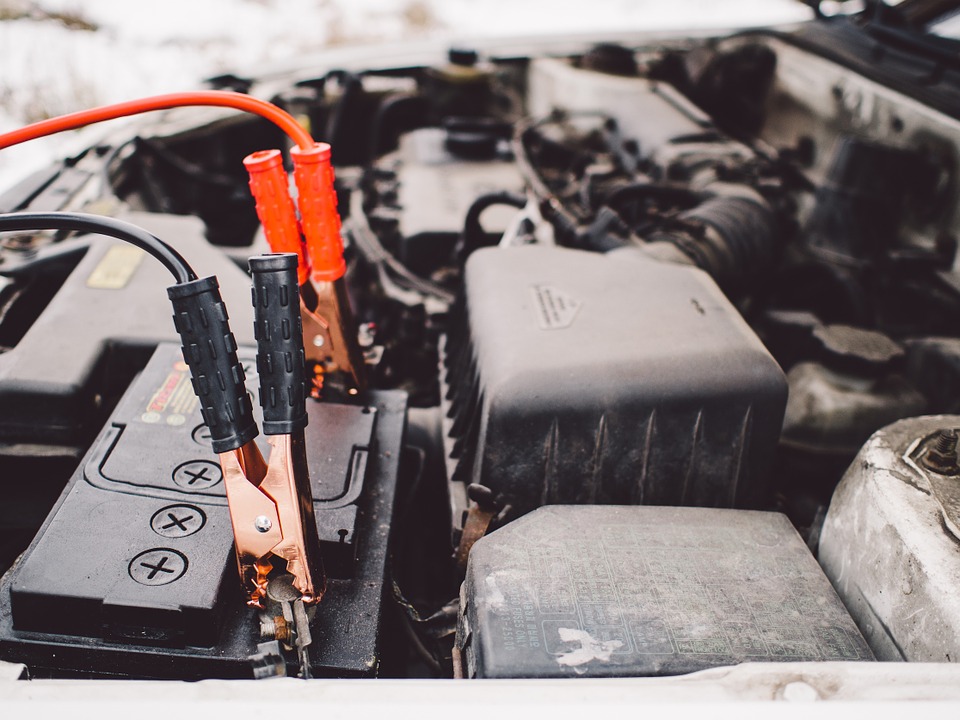Vehicle Tips: How and When to Maintain your Battery

Maintaining your battery increases its lifespan, and makes it more likely your car will start smoothly each and every time you crank it up. Even so, car battery maintenance is something many people overlook until they notice slow starts or a failure to turn over. The battery in your car is critical to its longevity. Consider it the heart of your vehicle. In your car, it continuously pumps a steady stream of life. You don’t have life without a heart, and your car’s battery is the same way. You must know different car battery group size for you to choose a more compatible replacement or maintenance. For my car, I too used to neglect various things. Regular checks are needed if you are to avoid being stranded, and here are some occasions in which battery and even general car maintenance is a must.
You can also consider second hand car batteries, like Battery Torque they minimize the costs of batteries by offering reconditioned batteries with plenty of life left for quality performance at low prices.
Seasonal Checks
Ideally, you should give your battery like your agm deep cycle battery a thorough inspection twice each year, once at the start of winter and again at the beginning of summer. Perform the following tasks as part of your maintenance routine:
- Thoroughly clean any corrosion from the cables and top of the battery using a paste made from baking soda and water.
- Remove the cables, beginning with the negative post to prevent your wrench from arcing, then clean any corrosion from them as well.
- Add distilled water to the cells in your battery if needed, taking care not to overfill. The water level should be just below the bottom of the hole.
Before a Major Road Trip
If you are planning a vacation or extended road trip, you will need to perform additional maintenance on your battery with the help of a professional auto repair shop. Maintenance such as:
- Inspecting the casing for holes, cracks, or other damage. If you find issues such as these, a battery replacement is in order.
- Checking the charge of your battery using a multimeter. Ideally, your battery will measure at least 12.6 volts at rest, or between 13.7 and 14.7 volts while the engine is running.
- Testing the electrolytes in each water cell with a hydrometer. Your electrolytes are at the right level if the reading is 1.265 or greater and there is no more than .05 difference between any two cells.
Battery maintenance does not require any special mechanical skills; however, you may wish to have us perform it for you if you do not have the tools or are strapped for time. In that case, we invite you to contact us to schedule an appointment.



